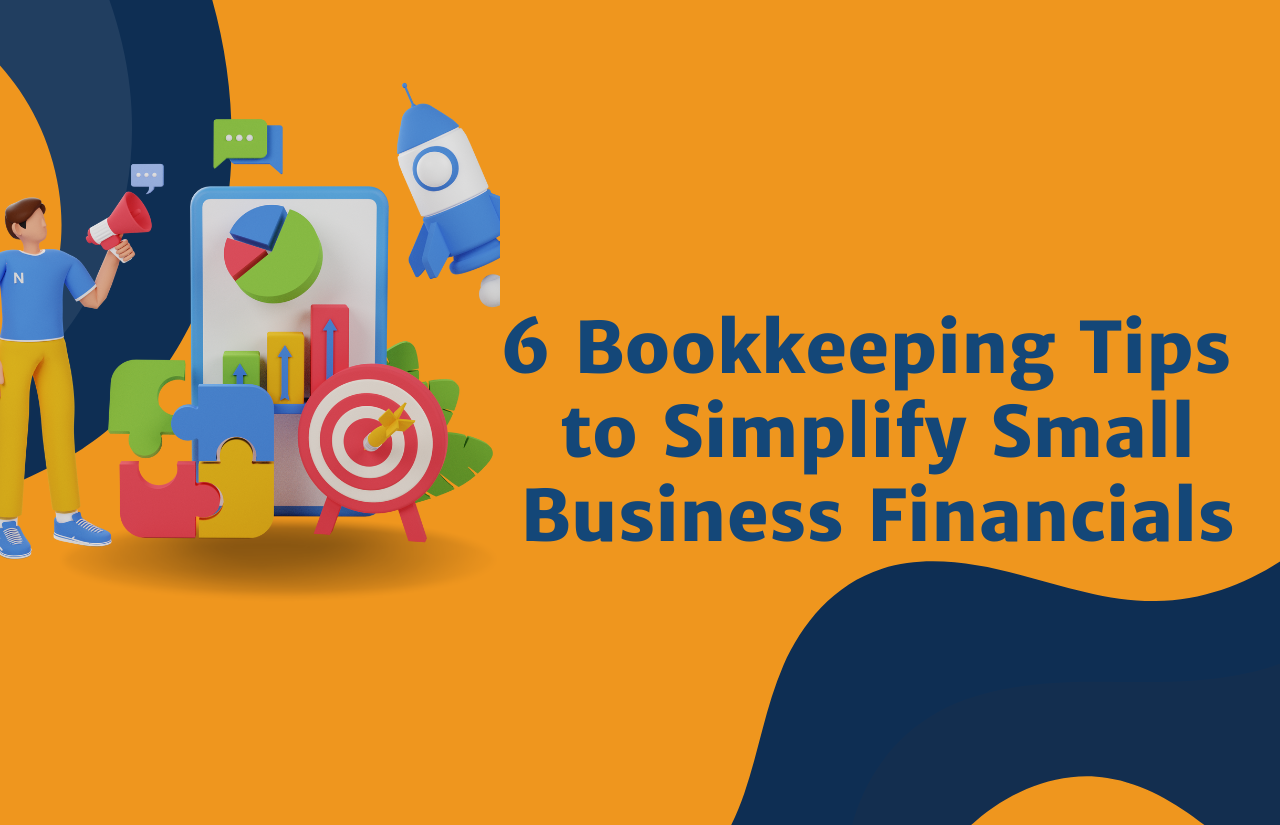When you’re a small business owner, managing finances efficiently is essential for growth and profitability. Bookkeeping is at the heart of this effort, ensuring that your financial records are up-to-date and accurate. While many entrepreneurs think they need a Certified Public Accountant (CPA) to handle all things financial, the truth is that hiring a CPA for general bookkeeping tasks can be a costly mistake.
In this post, we’ll break down what bookkeeping involves, how it differs from accounting and CPA tasks, and how every business owner can optimize their team to save thousands of dollars annually.
What Is Bookkeeping?
Bookkeeping is the process of recording and organizing daily financial transactions, including sales, receipts, purchases, and payments. Bookkeepers ensure that every transaction is documented, categorized, and posted to the correct accounts.
Two main reasons why categorizing in the correct account is important:
- Clear Financial Insights: When you generate monthly reports like the Profit & Loss (P&L) and Balance Sheet (BS), you gain a clear understanding of your business trajectory. Proper categorization allows you to assess profitability and identify areas of improvement.
- Tax Preparation Savings: When submitting your taxes, you’ll need annual P&L and BS reports with correct categorization. If this is done right every month, it can save you between $2,000 – $4,000 on CPA fees during tax season because your records will already be clean and organized.
Let’s take a look at what typical monthly bookkeeping includes:
- Processing invoices and payments
- Recording sales and expenses
- Managing payroll
- Reconciling bank accounts
- Tracking accounts payable and receivable
Bookkeeping is a vital part of running any business, but it is distinct from more complex financial roles like accounting and CPA work.
The Difference Between a Bookkeeper, Accountant, and CPA
Bookkeeper’s Role: Bookkeepers are responsible for recording day-to-day financial transactions. They handle routine tasks like entering sales, processing payroll, and maintaining accurate records in the general ledger. An experienced and efficient bookkeeper makes sure that your financial data is organized and up-to-date.
Accountant’s Role: Accountants take the information provided by bookkeepers and analyze it to offer insights into the business’s financial health. They create financial statements, analyze trends, and provide advice on how to improve profitability.
A digital marketing agency owner might consult with their accountant to review project-specific expenses. The accountant could help ensure that costs are properly allocated to each client project, then compare those figures to industry benchmarks to assess whether the agency's profit margins are in line with competitors.
Pro Tip: Finding an accounting practice that has both bookkeeping capabilities and experienced accountants usually results in significant cost savings and an improved user experience. Books at Ease is a one-stop-shop for its clients, providing both.
CPA’s Role: CPAs focus on high-level financial tasks, such as tax planning, audits, and legal compliance. They provide strategic financial advice and ensure that a business adheres to tax regulations. While CPAs are valuable partners in your finance team, they are not the best match for your day-to-day accounting needs.
Why You Shouldn’t Hire a CPA for Bookkeeping
Many small business owners believe that having a CPA handle all financial aspects of their business will ensure cost savings and avoid mistakes.
Simply put, this is not true.
CPAs are tax professionals who are focused on legal compliance and regulation, making them a great choice when you need tax planning, are facing audits, are considering selling your business, or are making other strategic decisions that require expertise in complex financial matters. However, hiring them for bookkeeping or general accounting advisory is outside their primary focus and not cost-effective.

While CPAs are highly skilled, their expertise comes at a premium price—often much higher than what a small business needs for day-to-day bookkeeping.
How to Optimize Your Financial Team?
To avoid unnecessary costs, small business owners should delegate financial tasks based on the complexity and expertise required.
- Bookkeepers for Daily Tasks: Bookkeepers are best suited for managing day-to-day financial operations such as recording transactions, processing payroll, and reconciling accounts. They are the most cost-effective option for routine financial tasks.
- Accountants for Financial Analysis: Accountants should be brought in for more complex tasks, like preparing financial reports, offering insights into financial performance, and advising on long-term financial strategies. They help you understand where your business is going and how to maximize profitability.
- CPAs for Strategic Planning and Compliance: CPAs should be reserved for the high-level tasks they excel at, such as tax planning, audits, and regulatory compliance. By focusing on what they do best, CPAs bring immense value to your business, but they should not be your go-to for bookkeeping.
Conclusion!
Hiring the right financial professional for the right task is crucial to optimizing both the cost and efficiency of your business.
By recognizing the roles of bookkeepers, accountants, and CPAs, you can structure your financial team effectively and avoid overspending.
Assigning tasks to the appropriate professionals will not only save you thousands of dollars annually but also ensure that your business’s financial health is in expert hands.



